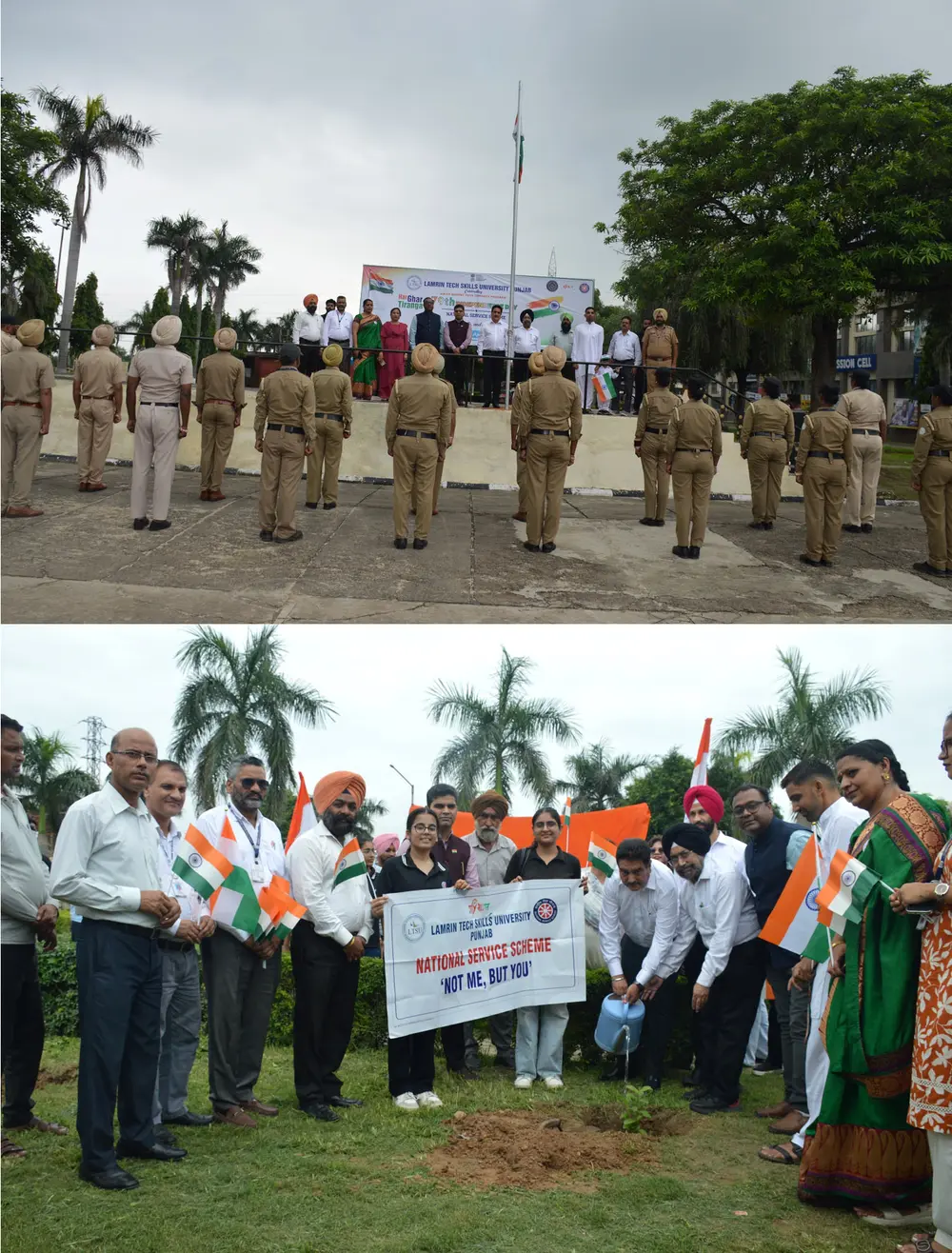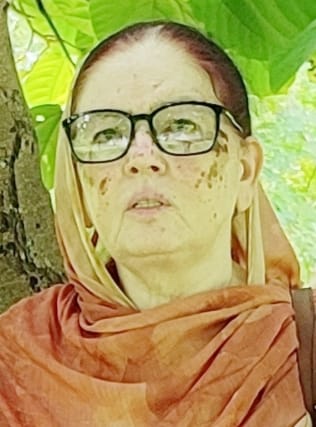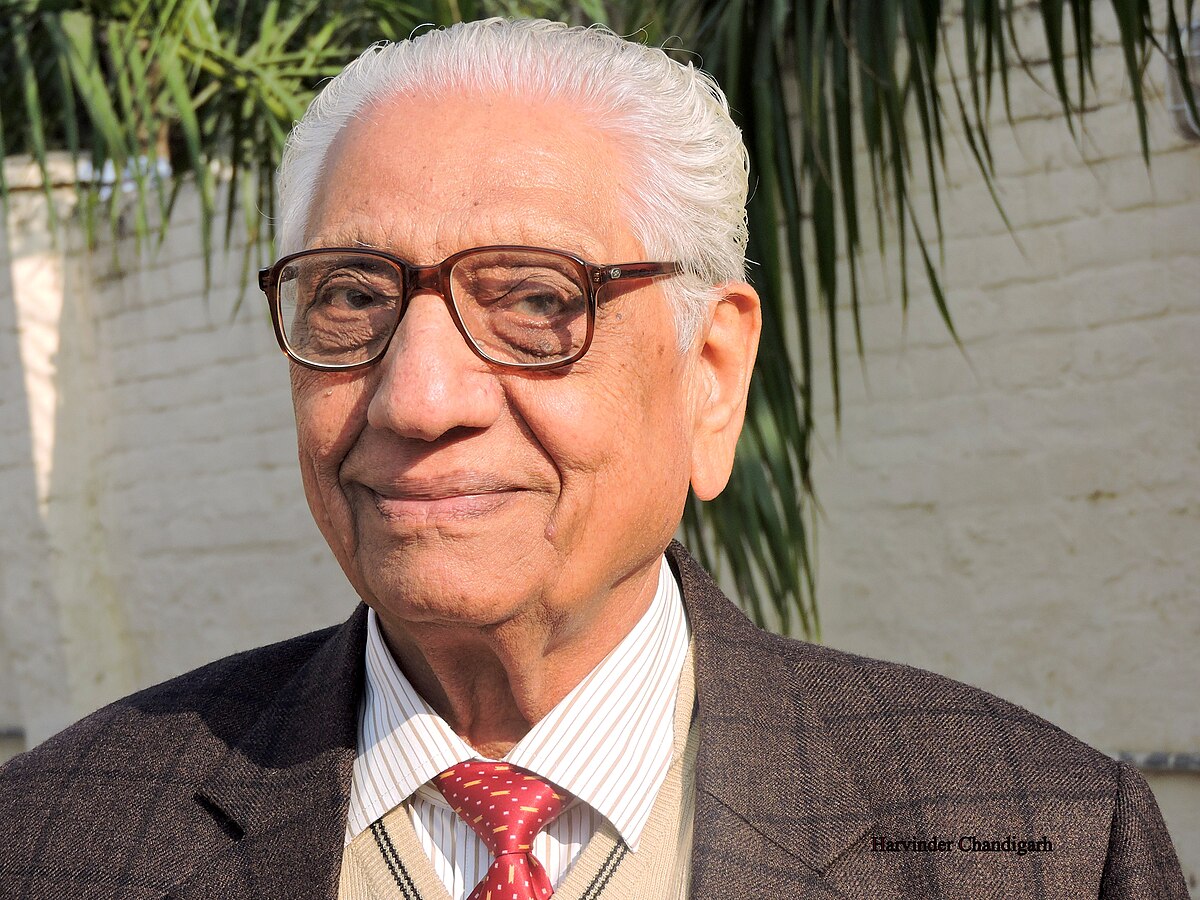
Lamrin Tech Skills University, Punjab celebrated 79th Independence Day.
Nawanshahr, August 16- Lamrin Tech Skills University, Punjab celebrated India’s 79th Independence Day with great pride, enthusiasm and patriotism. The celebration was marked by vibrant cultural performances on the campus and enthusiastic participation of students, faculty and staff.
Nawanshahr, August 16- Lamrin Tech Skills University, Punjab celebrated India’s 79th Independence Day with great pride, enthusiasm and patriotism. The celebration was marked by vibrant cultural performances on the campus and enthusiastic participation of students, faculty and staff.
The event began with the ceremonial inauguration of the hoisting of the National Flag by Shri N.S. Riyat, Chancellor, Lamrin Tech Skills University, Punjab. In his address, he extended his heartfelt greetings to the entire university community and stressed the importance of national unity and dedication towards the development of the country. The university security team presented a ceremonial salute. This was followed by a soulful rendition of the National Anthem by a student group.
The celebration saw the presentation of a variety of cultural performances including patriotic songs, poems, speeches and traditional dances like Bhangra and Giddha by the students of Riyat School and University. The vibrant and diverse performances showcased India’s rich cultural heritage and instilled a deep sense of pride among the audience.
The Registrar, Prof. BS Satyal also addressed the gathering and appealed to everyone to remember the great sacrifices made by our freedom fighters. He reminded the youth of their responsibility to uphold the values of freedom, democracy and national pride.
The event was organised under the Bharat Yuva Connect programme jointly developed by the NSS unit of Lamrin Tech Skills University and Rayat College of Law, which is an initiative of the Ministry of Youth Affairs and Sports. The theme of the celebration was “Har Ghar Tiranga” and it was coordinated by Smt. Ratan Kaur, Assistant Director, Youth Services, Lamrin Tech Skills University, and Dr. Sohnu Saini, NSS Coordinator, Rayat College of Law.
Dr. Navneet Chopra, Dean Academic, delivered the vote of thanks, expressing gratitude to all the participants, organizers and guests for making the event a grand success.
A highlight of the day was the release of the University Newsletter, which highlighted recent achievements, academic milestones and student initiatives. Faculty, staff and students were felicitated with mementos and certificates for their outstanding contributions to the University.
The event concluded with an atmosphere of patriotic pride, which connected the University community with the spirit of freedom and national service.














